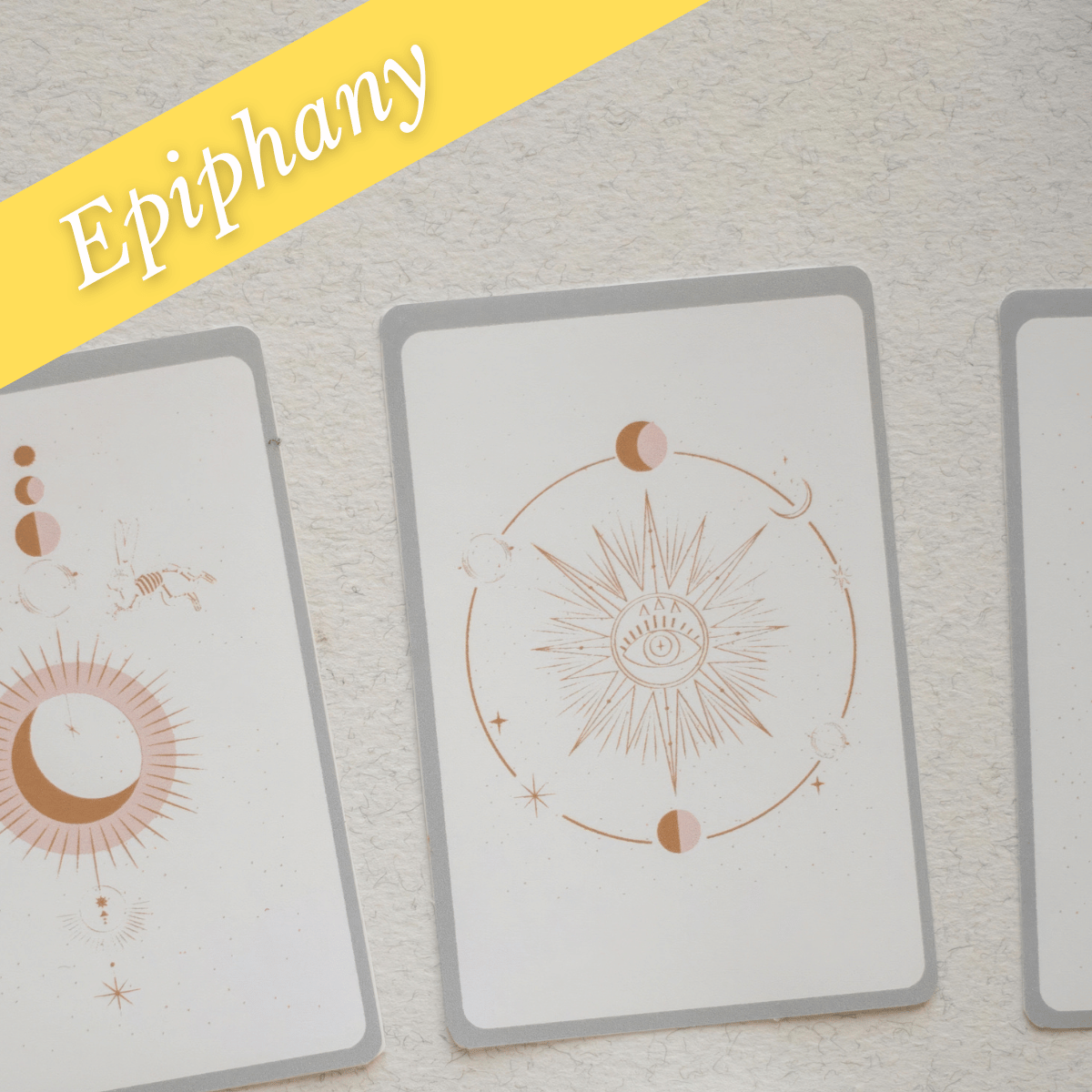Advent Conversations
Written by Emma McCoy
6 minute read
The Christmas season is over, and with it goes the music, the decorations, the food, and the blaring red and green advertisements coming from every screen, window, and billboard to be found. Children (and young adults in graduate school) are going back to the classroom, work resumes, and everyone scrambles back to some semblance of a routine again.
To the secular American, the meaning of Christmas is a vague and sugary thing bound up in a 90-minute TV movie. It’s trying a little harder to be a little better to each other. It’s knowing that love and family are important and everything would be better if we all just tried to get along. Of course, it’s not usually said in so many words, but Christmas is all about that warm, fuzzy feeling that we just have to try and believe in all year round.
If you were to ask a Christian American what Christmas is about, they’d most likely say it’s about the birth of Jesus. If you pressed a little more, they might say that Christmas is when we celebrate the miracle of Jesus’ birth. And that’s the truth, for sure, but before I went through Spring Church’s Advent series, I doubt I would have been able to articulate exactly why Christmas is such a big deal, and the importance it has in my day-to-day life. And because my usually (not) articulate self didn’t have a great handle on specifically what the meaning of Christmas, well, means, I don’t think I had a conversation with anyone about it. But, for the sake of the blog, let’s say I did. It might have looked something like this:
[Disclaimer, this scenario is fictional and is going to make me look way cooler than I really am].
I’m sitting at a table in my favorite coffee shop when the door opens, bell jingling merrily. “Hi!” a female voice chirps, and I look up to see Chloe. She comes up to my table, smiling, and I try to remember which class I have with her. Comparative Literature? Chemistry? She’s wearing dangly glass earrings and clutching her worn school bag, a big satchel with clasps.
“Hi, Chloe!” I reply. “What are you up to?”
“Oh, you know,” she says, waving airily. “Trying to finish the experiment write-up for Hendersen’s class.”
Chemistry, then. Nailed it. “Ah, yeah,” I say. “I haven’t even started yet.”
“You’ve got time,” she shrugs. “What are you working on?”
I glance down at my laptop. What should I say? I opt for honesty, seeing where it’ll take me. “I’m writing a blog for my church.”
“What?” she says, not rude. “Churches have blogs?”
“Yup. I’m in charge of the weekly blog. It comes out on Fridays and sets up the message on Sunday. I’m writing about Advent this week, and getting into the Christmas story.”
Chloe tilts her head, earrings swinging, and that motion helps me place her better. She sits just ahead of me in chemistry and asks questions pretty often, head tilted to the side. She often asks the questions that seem obvious but no one really knows the answer to.
“This might be mean, because you’re Christian, right?” I nod in reply. “But, like, what’s the big deal about Christmas? I know it’s when Jesus was born and stuff but I don’t really see how that’s important for now.”
Hm. Great question. Thankfully I have the draft of the blog up before, so I scan what I’d just written quickly.
“Well,” I start slowly. “Christmas is the fact that God is with us. And that’s important because God comes in unexpected ways, like a baby, for example. God doesn’t work like a human, so Christmas is a reminder that God is with us, always, in ways that we don’t see coming.”
Chloe’s head is no longer titled, and there’s an interesting look on her face.
“Does that make sense?” I ask. “Jesus coming as a super vulnerable baby doesn’t make sense, because God is supposed to be powerful, so the baby among us is actually a display of power.”
“I think so,” Chloe says slowly. “So like, I know Christmas is a big deal for Christians, but it’s like celebrating that the baby is with us?”
“Pretty much,” I reply. “But if you’ve still got questions I can send you this blog, and you’re always welcome to come to church.”
“I’m good,” she says quickly, and flashes a smile to try and cover up how fast she replied. “But thanks, anyway. I better get going on this write-up. See you tomorrow!”
“Sure!” I say as she leaves. I look back at my laptop and at the blinking cursor. I hope I did a good job. I hope I said the right thing.
[Disclaimer: it’s a lot easier to come up with replies when you can take your time and type them out. Sigh.]
Now, this kind of interaction, whether it’s an acquaintance in a coffee shop or the Trader Joe’s cashier or the nurse at the doctor’s office, can happen often and be gone in a blink of an eye. It might stick. It might not. It might matter. It might slip right out of a person's mind. But taking really big ideas, like Christmas and Advent and power, and being able to say “oh, yeah, it’s this,” can be helpful for our own understanding and our own articulation to our religiously diverse friends. It’s part of the uncommon friendship that our common discipleship stems from.
Join us for our Common Table Gathering this Sunday as we review Advent and explore how this season of waiting might have changed us.










4-minute read